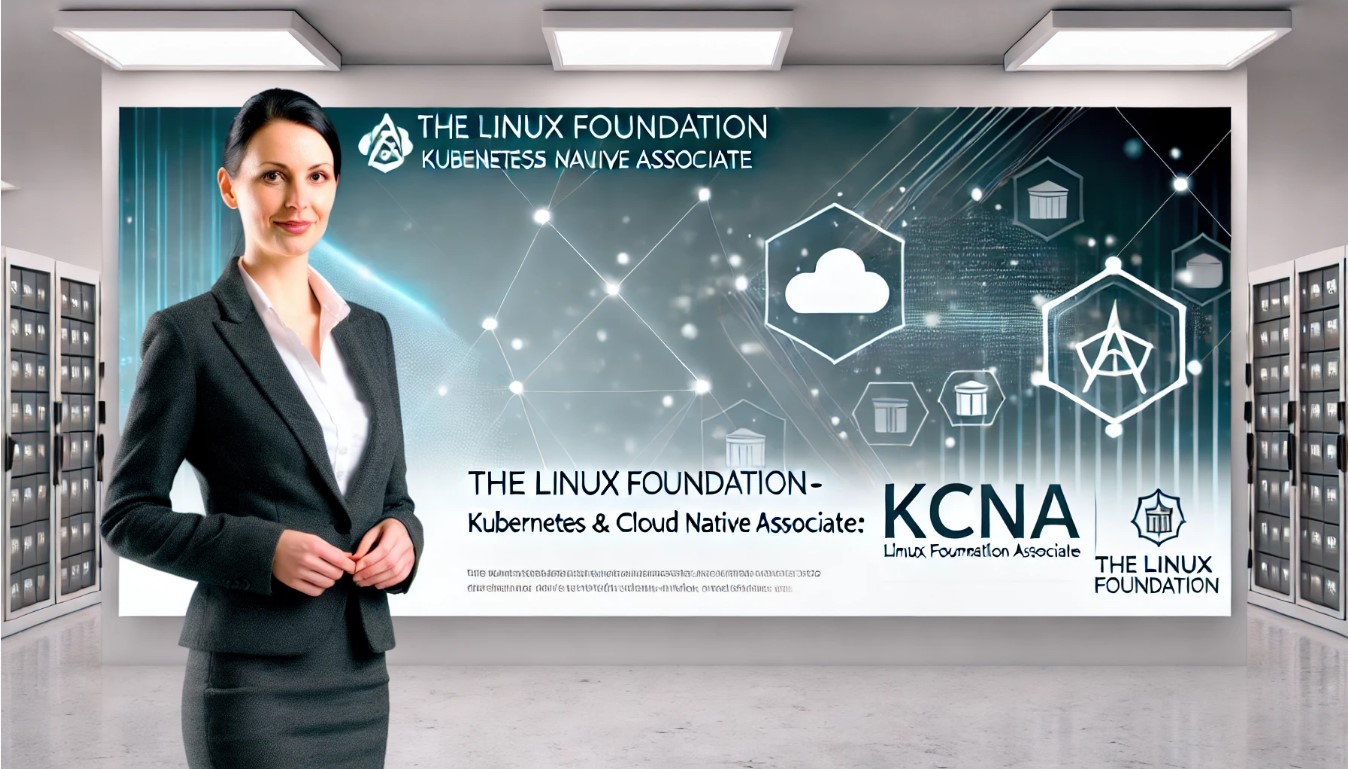All Content for $99 / INR 7,999
Offer valid for the next 3 days.

ssh <nodename>sudo -isudo to execute commands with elevated privileges at any time.Warning: The base system (with hostname base) does not have any of the above tools pre-installed as all tasks on this exam must be completed on a designated SSH host.







